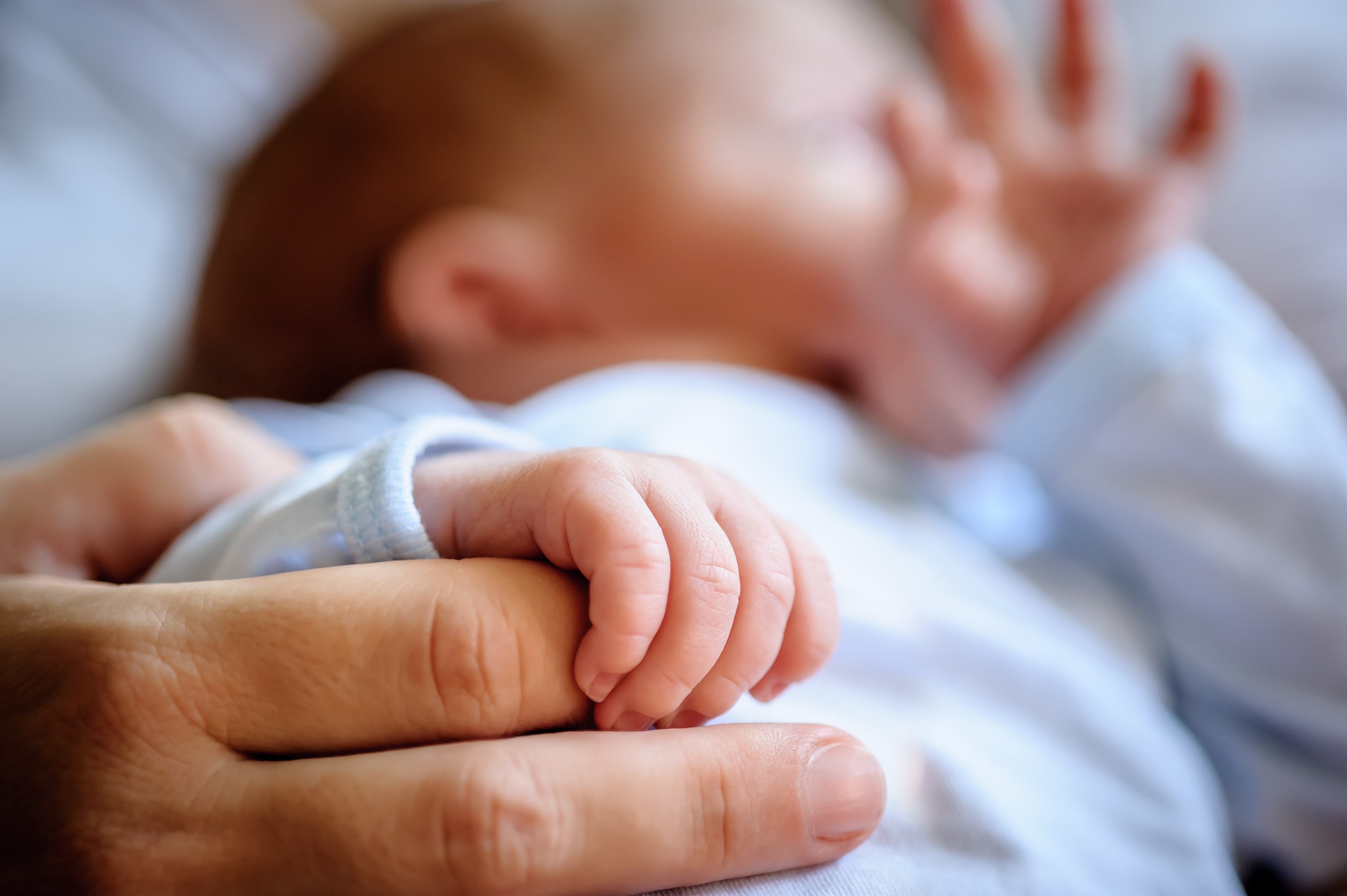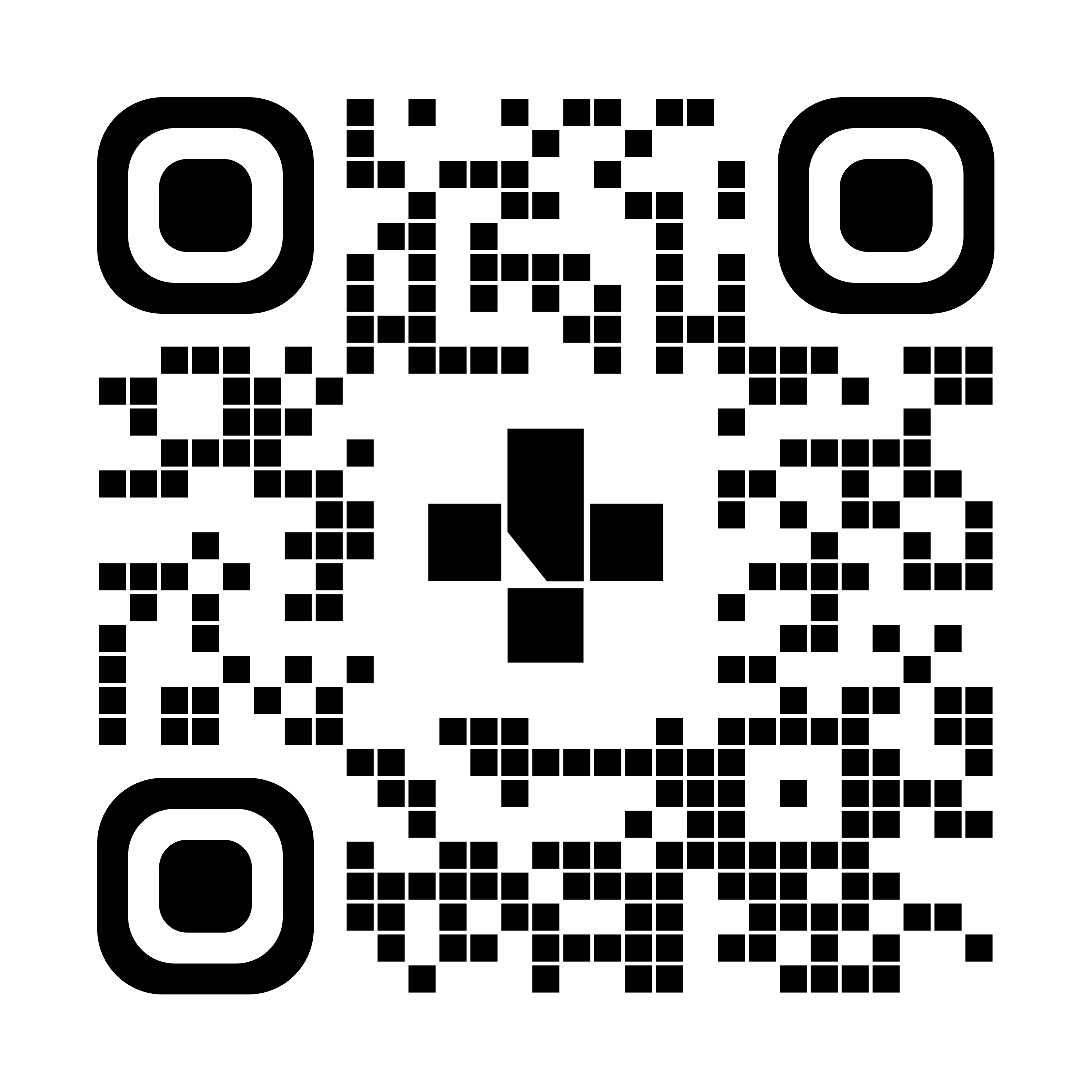Fine Motor Development
Birth to 2 months

From the very beginning, your new baby is developing fine motor skills. They discover the world around them when you hold them or when they’re lying on their back or tummy.
Your new baby
At this age, your baby’s hands are usually closed in a fist. When they try to hold an object, they use the grasp reflex. The grasp reflex is an automatic movement that happens when something touches your baby’s open hand. When they let go of an object at this age, it’s also an automatic reaction, not something they control. Over time, they start to control arm movements and can even put their hand into their mouth. As your baby learns to focus with their eyes, they’ll start to reach for faces, toys, or objects.
Everyday play
Your face and voice are the best toys for your baby at this young age. When you play with your baby, be close and at their eye level. Make faces, sing, talk to them, and copy their sounds. Introduce different sensations to your baby’s hands. Gently stroke their palm and place your finger in their hand when it opens. You can also let them touch toys or objects with different textures and sounds, like soft, smooth, bumpy, or crinkly.
Help build your baby's fine motor skills
Think about:
- Different sensations your baby can explore during everyday activities. For example, a fuzzy blanket, soft toys, your face, or your hands.
- What they can hold while you’re playing with them. For example, a washcloth or rattle.
- How you can encourage your baby to reach during daily routines, like feeding or bathing.
Be safe
- Stay with your baby if they’re on a high surface, such as a changing table, bed, or table.
- Use objects that are light and soft, so your baby won’t be hurt if something falls out of their hands.
- Avoid choking hazards, like small objects or toys, with parts that can easily break or fall off.
- Make sure toys and objects are made with safe materials and can be cleaned, washed, or wiped.
When should you call for help?
Your baby may need more support if:
- they don’t have a grasp reflex
- their hands stay open all the time
- they don’t show interest in faces or objects at 2 months of age
For more information or help with fine motor struggles, contact:
- Health Link at 811
- An occupational therapist at your local pediatric community rehabilitation service
- Your doctor, public health nurse, or other healthcare provider
Resources
To see this information online and learn more, visit MyHealth.Alberta.ca/health/aftercareinformation/pages/conditions.aspx?hwid=custom.ab_fine_motor_dev_0_to_2_months_inst.

For 24/7 nurse advice and general health information call Health Link at 811.
Current as of: May 9, 2025
Author: Pediatric Rehabilitation Services, Alberta Health Services
This material is not a substitute for the advice of a qualified health professional. This material is intended for general information only and is provided on an "as is", "where is" basis. Although reasonable efforts were made to confirm the accuracy of the information, Alberta Health Services does not make any representation or warranty, express, implied or statutory, as to the accuracy, reliability, completeness, applicability or fitness for a particular purpose of such information. Alberta Health Services expressly disclaims all liability for the use of these materials, and for any claims, actions, demands or suits arising from such use.
